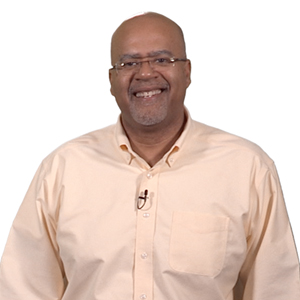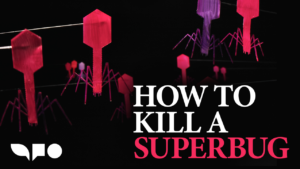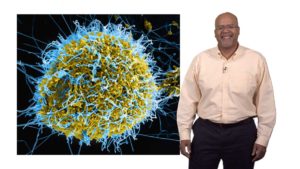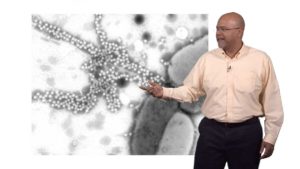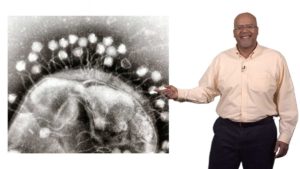Paul Turner is the Rachel Carson Professor of Ecology and Evolutionary Biology at Yale University and a member of the Microbiology faculty at Yale School of Medicine. His research explores the evolutionary genetics of viruses, with a specific focus on phages that target bacterial pathogens and RNA viruses transmitted by arthropods. His work also delves into the application of phages as a means to combat antibiotic-resistant bacterial diseases. View his lab website here: https://turnerlab.yale.edu/.
Beyond his scientific pursuits, Turner is actively engaged in science communication efforts for the general public and participates in initiatives to enhance STEMM education in underserved public schools. His service extends to the National Science Foundation’s Bio Advisory Committee, and he has been inducted into the National Academy of Sciences, the American Academy of Arts & Sciences, and the American Academy of Microbiology. He received his BA in Biology from the University of Rochester in 1988 and earned his Ph.D. in Microbial Evolution from Michigan State University in 1995.
